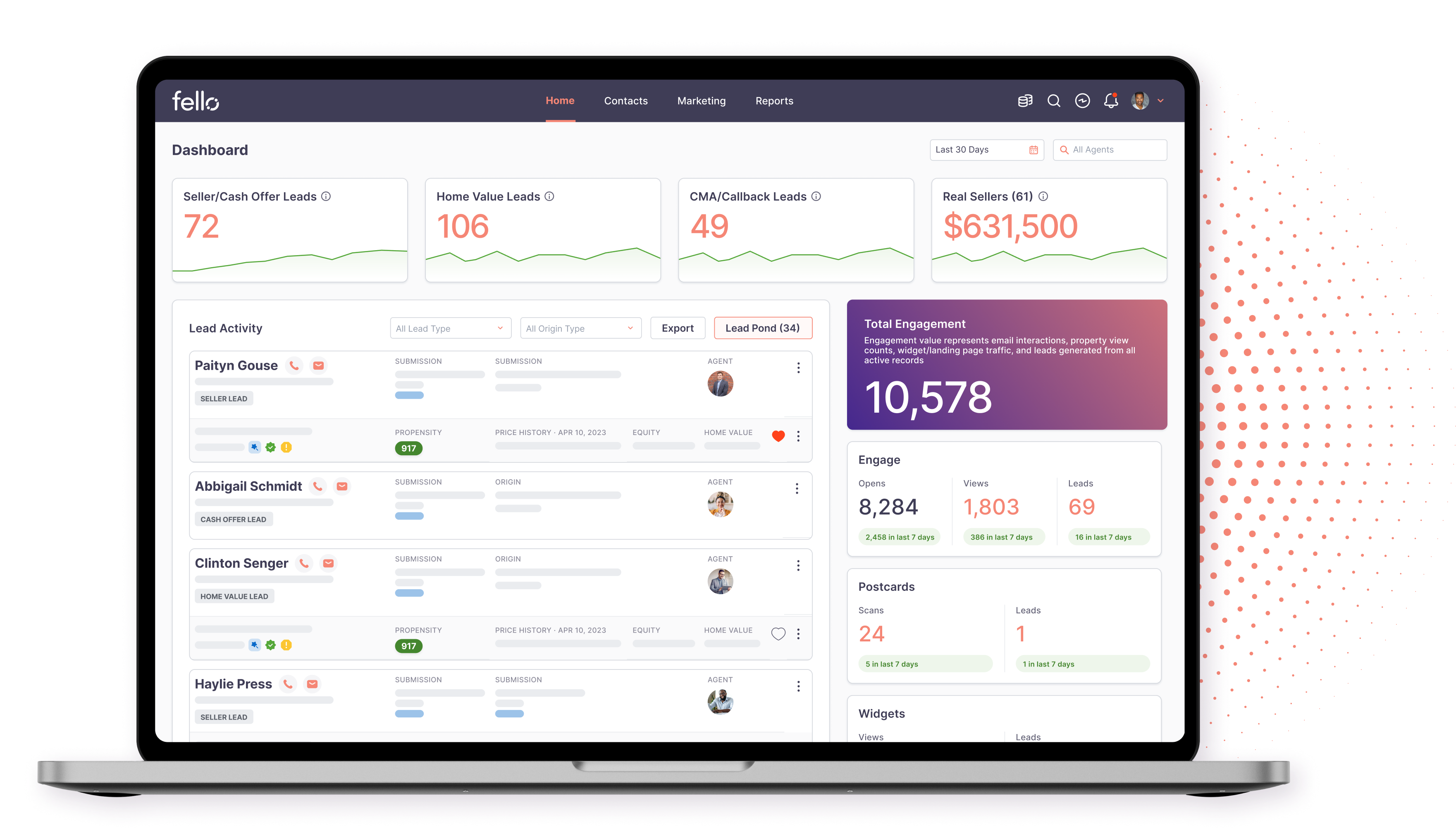Blog Post
Closing Costs Explained

April 1, 2021 written by FlashHouse
There are many fees associated with buying or selling a home. Different states may have slightly different requirements, so closing costs can vary from state to state.
Who pays closing costs?
Usually, buyers and sellers both pay a share of the closing costs. Buyers pay more, though, which can come as a surprise to many first-time home buyers. After all, you scraped together as much as possible just to cover the down payment. Now there are more fees?
Sellers usually pay between 1-3%, and buyers often pay between 3-4%. Everything is negotiable, however. Sometimes sellers will cover all the closing costs or put a certain amount towards the buyer’s closing costs to appeal to more buyers.
What makes up the closing costs?
Title Search
This establishes that the seller has the legal right to sell the property. It also ascertains that they are no judgments or outstanding liens against it.
Title Insurance
Title insurance protects the seller and the buyer from any future issues. Issues that could come up include:
- Lost or missing heirs
- Improper execution of documents
- Forgeries or fraud
- Unpaid taxes
- Unleased mortgages
- Impersonation of owners
Title insurance protects both the seller and the buyer, so both parties pay a fee.
Home Inspection
Paid for by the buyer. The home inspection uncovers issues the property has, everything from electrical issues to the presence of radon. If there are significant issues uncovered in the home inspection, the buyer may rethink the whole transaction. These cost between $250 and $700.
Appraisal
You’ll need to know if the property is actually worth what you’re paying for it (or if you’re the seller, that you’re getting a fair price). The mortgage company won’t approve the full amount of the loan if the property comes up short.
Survey
This establishes where the legal boundaries of the property are. Not every property needs a survey—condos don’t need one, unless they have outdoor space.
Loan Origination Fees
These are fees for processing and underwriting the loan. The mortgage company will need to know that the lender can pay the mortgage, so a credit history may also be required.
Loan Payoff Costs
This includes the application fee, assumption fee, and prepaid interest. Some banks charge a fee if you pay off your loan early (to account for all the interest they won’t be getting). Unpaid late fees can also be included. Prepayment penalties can be either a percentage of the loan or equal to the number of interest payments you would have made.
Recording Fees
This is a fee for transferring the deed from the seller to the buyer. The cost varies according to the county office that holds the deed.
Attorney Fees
Yes, you have to pay the lawyer. It’s also possible to pay the escrow agent or the title agent instead, but you’re going to pay someone. Some attorneys charge a flat fee, and some charge by the hour. Usually, the buyer pays for the attorney present at the closing.
Mortgage Insurance Premium
The lender often requires the buyer to pay the first year’s mortgage insurance premium in a lump sum.
Property Taxes
Depending on the county where the property is, six months of property taxes are collected at closing.
Real Estate Commission
This is usually paid for by the seller. The fee is paid to the real estate agent for marketing and finding a buyer for the house. It’s usually a percentage of the sale.
Flood or Earthquake Insurance
Not every property will require these, but if you live in a flood zone or an area of the country prone to earthquakes, the mortgage lender will require it. While you may think that earthquakes only happen in California, actually, every state has earthquakes. The cost is usually between $100 and $300 a year, but high-risk states pay as much as $800 a year.
Escrow Fees
To buy a house, the down payment will be held in an escrow account until the sale goes through. When the transaction is complete, the escrow agent will release the down payment and any fees and loan costs. The cost is usually shared between the seller and the buyer and ranges from $500 to $2,000.
Courier Fees
The lender’s fees for sending along the documents to all interested parties are usually about $20.
HOA Transfer Fees
If you buy a property with an HOA, there’s a fee to transfer the property to the new owner. Usually about $200 or so.
The average closing cost for a single-family home in 2019 was about $5,749. Some states are more expensive than others, and the size of the property will also play a role in how much you pay. Be sure to factor the closing costs into your budget so you won’t be surprised after the sale.

Ready to start driving more seller leads on autopilot?

